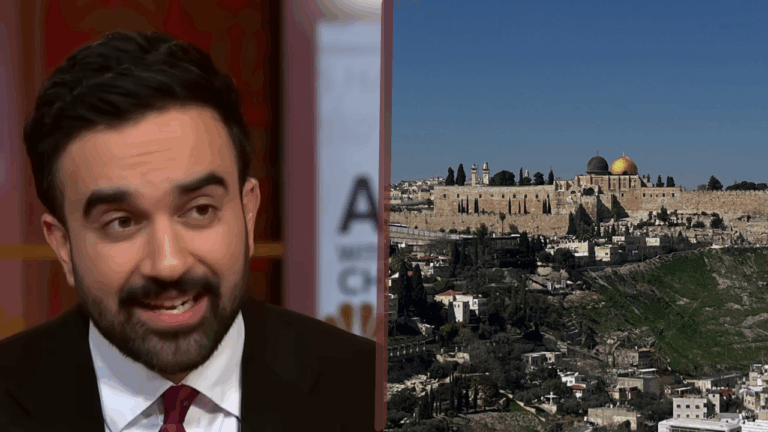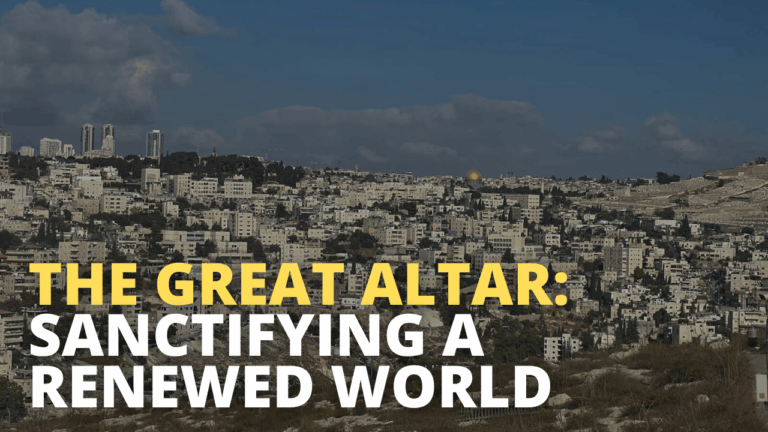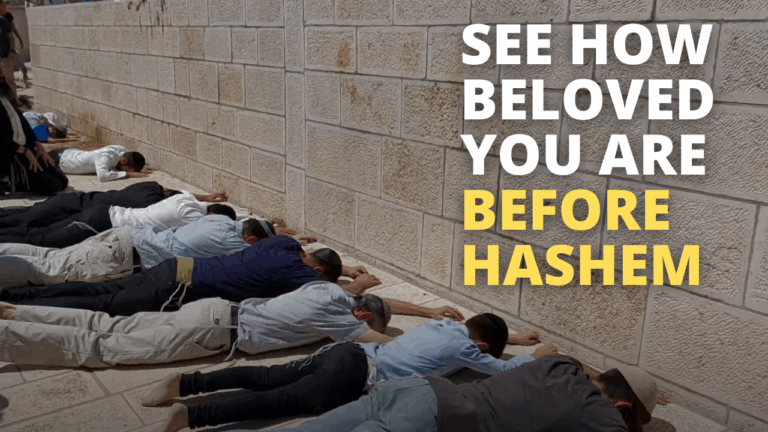Falling and Rising: From the Mishkan to Jerusalem
Parshat Pekudei contains a description of Moshe setting up the mishkan on the first day of Nissan. The Midrash describes that this was not a linear process. Rather, for each of the subsequent seven days of consecration, Moshe would set up the mishkan in the morning and deconstruct it in the evening. Only at the end of this process did he build it and leave it up in a more lasting manner.
What is the meaning of this process of building and deconstructing? The Imrei Emmes explains that this process of seven deconstructions and rebuilding paves the way for the future rebuildings of the mishkan. During the history of the mishkan, it was permanently taken down, moved and destroyed seven times, each time leading to a rebuilding in a different location. This process culminated in the building of the Beit HaMikdash in Yerushalayim, God’s final resting place.
Thus, Moshe’s deconstructing and rebuilding of the mishkan prefigures this process. It gives strength to the Jewish people to always rebuild the mishkan after each “downfall.” No matter how many times the mishkan “falls”, the Jewish people will always retain the capacity to rebuild it.
The Imrei Emmes connects this idea to the ups and downs in the life of a person. Mishlei teaches us that “a righteous person will fall seven times but arise.” What defines a person as righteous is not the lack of failure and falls but the capacity to always rise and rebuild. This is what we learn from the history of the mishkan.
It is no coincidence that the mishkan’s journey leads directly to Yerushalayim. This city exhibits the Jewish people’s capacity to always rebuild and bounce back from falls. There have been so many times that Yerushalayim fell. It was destroyed by the Babylonians, taken over by the Greeks and totally remade as a pagan city by the Romans. It was later a battleground between Muslims and Christians who both attempted to put their imprint on the city. From a Jewish perspective the city was in a state of dramatic decline for many centuries.
And yet, the Jewish people have always managed to return and rebuild. After the first destruction, Ezra and Nechemia returned to rebuild the Beit HaMikdash and the walls of the city. For the past few centuries Jews slowly returned to the holy city and then came as a flood in the beginning of the twentieth century and the founding of the state of Israel. We have built our city to greater heights after its great fall. All this, according to the Imrei Emmes, is rooted in the lesson of Moshe’s deconstructing and rebuilding of the mishkan. Our people and our city are like a phoenix, always reemerging from the flames to reach greater and greater heights.
May we soon merit to see the greatest renewal of our city with the rebuilding of the Beit HaMikdash.


